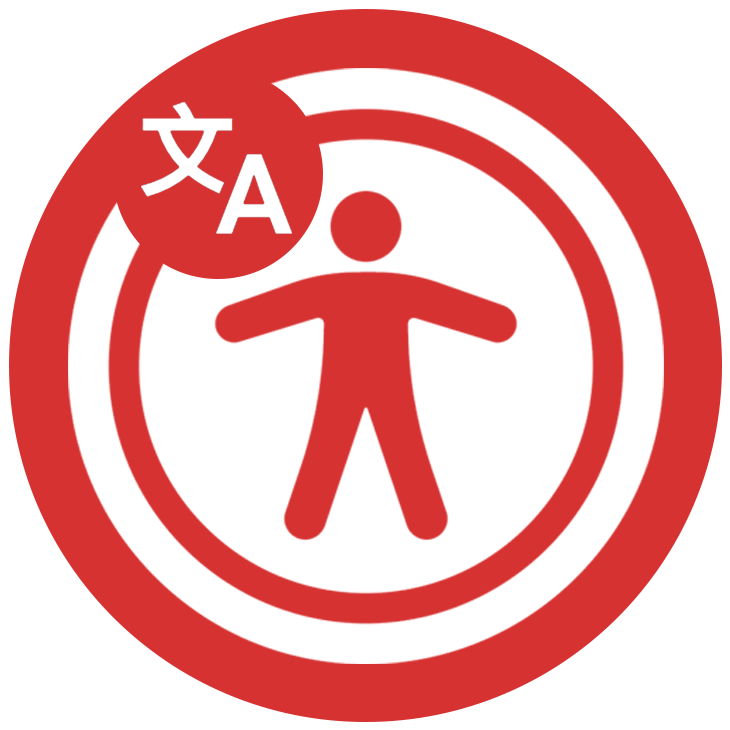Who we are
Nurses who have had advanced training in palliative and end of life care working in the community giving advice to patients and carers, GPs and other health and social care professionals.
What we do
We provide specialist palliative care for patients with advanced, progressive, life-limiting illnesses (e.g. cancer, organ failure, neurodegenerative conditions) whose needs cannot be met by the capability of their core team alone.
How we do it
Our team consists of Community Nurse Specialists (CNS) in palliative and end of life care who work alongside:
- Sirona Community Services
- GPs
- Hospice Medical Team
- Hospice at Home
- Hospice Inpatient Unit
- Palliative Care Teams and Site-Specific Community Nurse Specialists (CNS) based in the hospitals
- Allied Health Professionals both at the Hospice and in the wider system
- Social care teams
Eligibility – all criteria must be met
- Aged 18+ (16-17 in exceptional circumstances)
- Diagnosed with an advanced, progressive, life-limiting illness
- No longer undergoing any treatments aimed at curing illness
- Experiencing severe, intractable, complex problems that are not responding to routine treatment and therapeutic intervention, and which have persisted after non-specialist palliative care intervention
- Registered with a GP within our catchment area in Bristol, South Gloucestershire, or North Somerset
- Patient has agreed to referral, or next of kin/ representative informed if patient does not have capacity
- For patients who lack capacity, referrals earlier in the patient pathway will be accepted, for Specialist Palliative Care team to participate in professional meetings about advance care planning meetings
Complex needs may include
- Uncontrolled symptoms despite first-line treatment e.g. pain, vomiting, breathlessness
- Complicated Advance care planning
- Support with ethical decision making (e.g. non-invasive ventilation withdrawal)
- Severe psychological, social, or spiritual distress related to life-limiting illness
- Persistent distress affecting daily function
- Management of persistent pain alongside a rapidly progressing, life-limiting diagnosis
Exclusions
- Primarily mental health or social needs unrelated to life limiting illness
- Patients referred primarily for management of persistent pain who do not have advanced, progressive, life-limiting illness
For patients in the last 4 weeks of life where direct hands-on care is required, please refer to Hospice at Home by phoning 0117 915 9508, 09:00-17:00, seven days a week.
Urgency of referrals
Within our working hours we may sometimes be able to respond rapidly but we are not an emergency service. All referrals are triaged by specialist nurses, and urgency may be upgraded/downgraded.
Urgent referral (response within 2 working days):
- Patient has a rapidly deteriorating/changing condition with complex symptom control/management problems that have not responded to current interventions
- Urgent and complex communication needs around advanced care planning/ethical decision making
- Rapid deterioration with complex family dynamics/communication/symptoms
- Urgent assessment for admission to hospice for patients in the community (for patients in hospital requests for hospice admission can be made by speaking to a senior Hospice medic via the 24-hour clinical advice line on 0117 915 9430)
Routine referrals: Contact within 2 weeks
Referral outcomes
- Level 1: Advice to professionals; no patient contact
- Level 2: Single advisory phone/outpatient appointment/visit
- Level 3: Short-term support
- Level 4: Ongoing support for persistent issues
Initial assessments are usually face to face. Ongoing support is by phone or face to face dependant on need.
Open access
The decision to make a patient open access will be discussed with the patient and the GP will be notified. A letter confirming the conversation and all contact information they require will be sent to the patient. This will be copied to the GP. The patient, family or a healthcare professional can initiate follow up by contacting the 24-hour clinical advice line.
Open access criteria:
- Resolution of complex issues
- Addressed social/psychological/spiritual issues
- Family/carer needs addressed
- Patient declines service
Referral process
- Referrals accepted from Health and Social Care Practitioners using the website referral form
- Patients/families may contact the hospice via the website (these are triaged as advice line queries)
It is hard to define those who do and those who do not need CNS support. Informal contact for advice on appropriateness of a referral is encouraged and provides an opportunity to discuss the other types of support the hospice can offer, 24-hour clinical advice line 0117 915 9430.



